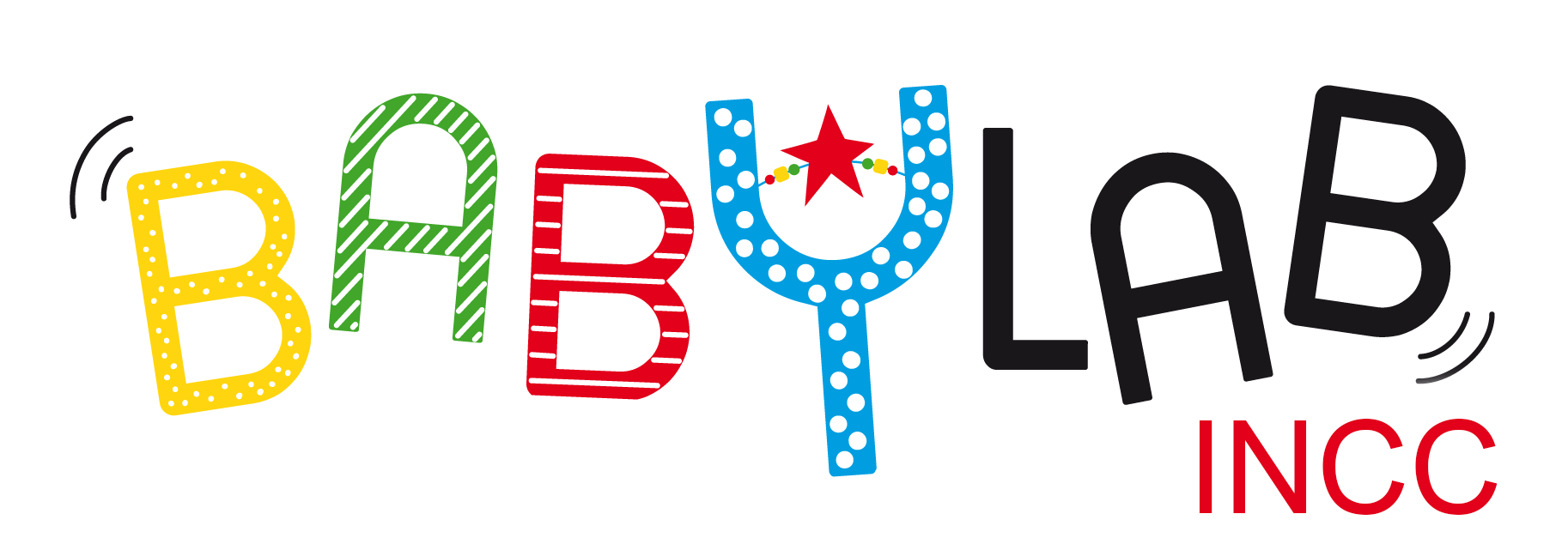Ranka Bijeljac-Babic
Retired Associate Professor – Hosted

Most babies are likely to learn several languages. I am trying to understand how children who are bilingual from birth acquire their two languages. Currently, I study monolingual and bilingual infants’ ability to perceive and produce the accentuation of words in different languages.
Relevant links: Summary of research and recommendations on bilingualism in nursery and elementary schools (in french)
Ongoing project
FoundTrust: The neurocognitive bases of epistemic trust
The willingness to believe communicated information (or epistemic trust) plays a central role in human cognitive development. The aim of this project is to characterize its development in the first years of life.

Project team lead
Olivier Mascaro
Language acquisition in atypical development
Knowing the mechanisms underlying typical language acquisition also makes it possible to explore whether or not these mechanisms are present in populations with atypical language acquisition and could be involved in their learning difficulties.

Project team lead
Thierry Nazzi
Origin of a numerical mental line
In adults, the existence of a mental number line (the representation of smaller quantities on the left and larger quantities on the right) has been demonstrated. But what about newborns?

Project team lead
Maria Dolores (Lola) de Hevia
Numbers in Action: Origins and Dévelopental course – NUMACT
This project studies the appearance, properties and development of the link between number and the performance of an action using behavioural, electrophysiological and electromyographic measurements in human newborns and infants.

Project team lead
Maria Dolores (Lola) de Hevia
Lexical-semantic development
Our studies aim to understand the neural mechanisms underlying this development in monolingual and bilingual children.

Project team lead
Pia Rämä
Acquisition of phonological biases in lexical processing
We aim to understand how different types of sounds, as well as their arrangements within the words of a language, influence the acquisition and lexical processing of French, German, and Franco-German bilingual speakers.

Project team lead
Thierry Nazzi
Vocabulary growth and sound symbolism
Our aim is to study whether the sensitivity to sound symbolism in infancy is linked to emerging vocabulary skills.

Project team lead
Pia Rämä
Voice familiarity in the processing of word meanings
This project aims to investigate whether familiarity with the speaker’s voice facilitates lexical-semantic processing in infants.

Project team lead
Pia Rämä
Investigating cognitive processes underlying food learning in infancy -F.E.E.D your mind
The aim of the F.E.E.D. your mind project is to shed light on the cognitive processes underlying food learning in infancy and provide empirical bases to design such interventions

Project team lead
Camille Rioux
Selected Publications
– Bijeljac-Babic, R. 2019. Développement du langage chez l’enfant monolingue et bilingue. In Le développement du bébé : de la vie foetale à la marche, E. Devouche et J. Provasi, Paris : Elsevier Masson.
– Höhle, B, Bijeljac-Babic, R., Nazzi, T. 2019. Variability and stability in early language acquisition: Comparing monolingual and bilingual infants’ speech perception and word recognition. Bilingualism: Language and Cognition, 1–16.
– Bijeljac-Babic R, Höhle B, Nazzi T. (2016). Early prosodic acquisition in bilingual infants: The case of the perceptual trochaic bias. Frontiers in Psychology, 7, 210.
– Bijeljac-Babic R, Nassurally K, Havy M, Nazzi T. (2009). Infants can rapidly learn words in a foreign language. Infant Behavior and Development, 32, 476-480.
– Höhle B, Bijeljac-Babic R, Herold B, Weissenborn J, Nazzi T. (2009). The development of language specific prosodic preferences during the first half year of life: evidence from German and French. Infant Behavior and Development, 32, 262-274.
